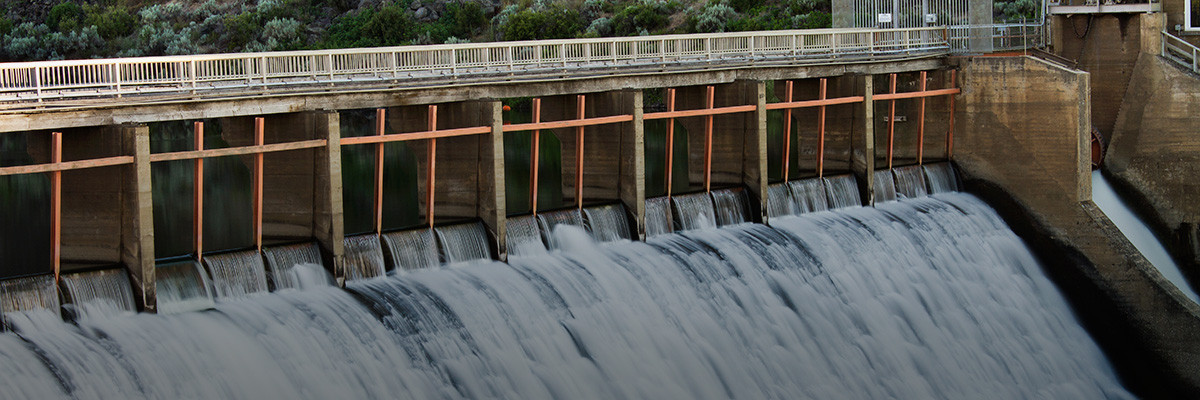
Renewable energy is one of the most dynamic business sectors—combining excellent profitability prospects, wide economic benefits, and mitigation of climate change and energy insecurity. A number of factors are boosting renewables growth, such as an expected rise in global electricity demand, clean energy policies, commitments undertaken at the COP21 climate summit, and growing investor and public concern over coal, oil, and gas extraction. The renewable energy market has greatly outpaced expectations, and, according to the International Energy Agency, renewables are forecasted to overtake coal as the largest source of electricity by the early 2030s.
Companies may assume that renewables investments possess an inherent social license to operate and that projects do not suffer from the complexity, conflict, and human rights concerns that have plagued the extractives industries for decades. However, social risk for renewable energy projects can be as profound as any infrastructure project, especially in developing countries, where companies may have little or no experience with the local context. Counter-intuitively, a close review of good practices from the mining, oil, and gas sector could inform companies on how to responsibly manage stakeholder engagement and community relations for renewables projects.
Controversies around mega projects like dams and large hydropower projects are an obvious example of the conflict and social disruption that a renewables project can cause. The Belo Monte hydroelectric dam, currently under construction in the Brazilian Amazon, has led to the resettlement of indigenous people, social and economic pressure due to population growth during construction, community opposition, legal battles over compensation, and allegations of corruption. The Myitsone dam project on the Irrawaddy River in Myanmar involves the relocation of 63 villages and 20,000 people in an area of existing ethnic conflict and has generated local protests and increased political tensions between China and Myanmar.
The same patterns are emerging in smaller-scale projects, such as wind farms. Mexico has one of the world's highest growth rates in wind energy, almost all of which is concentrated in the wind corridor of Oaxaca, where winds from the Pacific and Gulf of Mexico meet. Incentivized by the government, wind companies have entered the Mexican market with enthusiasm but have found themselves subject to protests over indigenous land rights, environmental impacts, inadequate community consultation, and bribery of local leaders. The core of the critiques lies in the absence of local benefits for the affected populations.
Renewable energy projects require permits, physical infrastructure, and distribution systems, but they also need to ensure that they can address community risks and concerns. And importantly, if visible local benefits are not forthcoming, then the wider benefits of renewables projects will be irrelevant to communities, and conflict and human rights impacts may be just as serious as in oil or mining exploration.
Much of the debate about energy transitions has focused on the role of the energy sector in adapting to a new, low-carbon world. The reality is that “traditional” extractives sectors have much to teach renewables (and many other industries) about human rights, social risk, stakeholder engagement, ethics, and transparency. In the rush to innovate and embrace a new future, renewables companies are in danger of losing this considerable expertise, which threatens to impact the sector’s long-term legitimacy and credibility. The bright future of renewables depends partly on a clear-eyed look at the lessons of the past, even if they come from an unexpected source.
Let’s talk about how BSR can help you to transform your business and achieve your sustainability goals.

